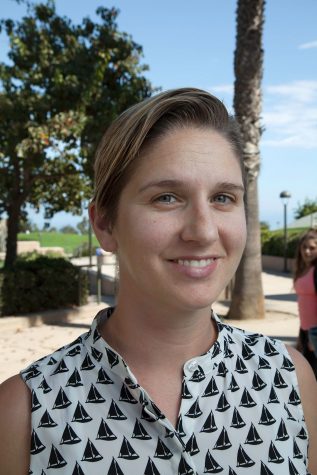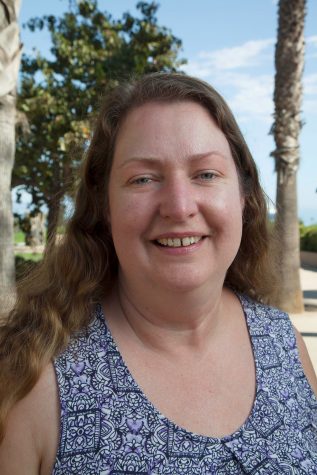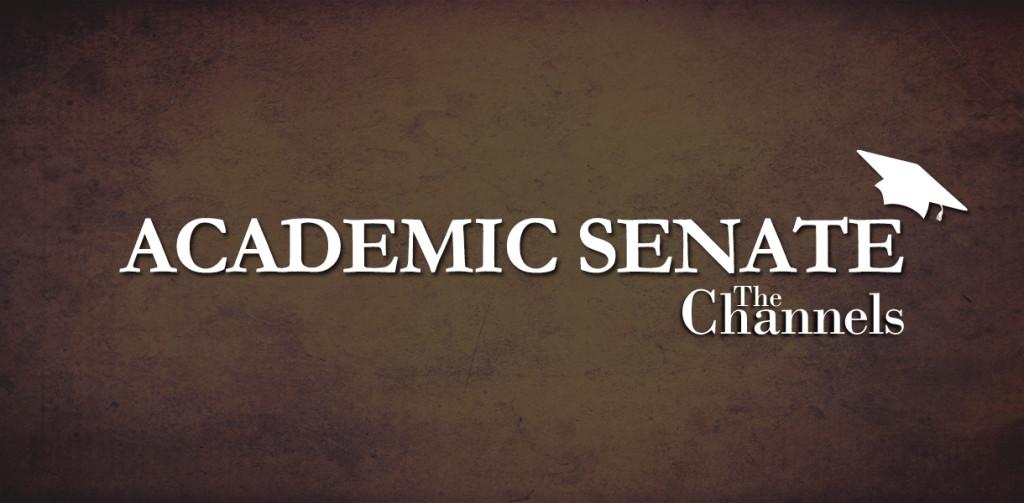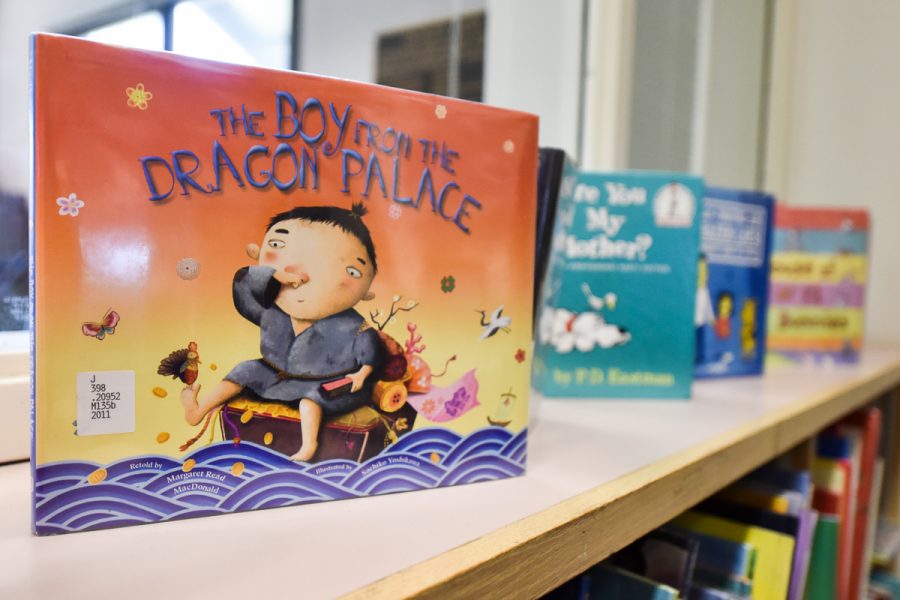Laughter and disapproving groans filled the Academic Senate meeting Wednesday as senators discussed proposed changes to City College’s academic integrity policy.
The Academic Policies Committee (AP) drafted a version of the integrity policy several months ago, but removed it from the Academic Senate’s recent meetings to address faculty input.
The proposed procedure was back before the Academic Senate for another look.
While some of the proposed changes are mild, such as the expanded examples section under “Cheating,” others could have a significant impact on the way administrators deal with cases of academic dishonesty. For example, a new section titled ‘guidelines regarding the extent of misconduct and intent to deceive’ could help determine the severity of students’ violations more effectively.

Dr. Raeanne Napoleon, academic senator for the Sciences Division
“There is a big difference between not citing something because you don’t know how to cite versus buying a term paper,” said Dr. Raeanne Napoleon, Sciences Division representative and chairwoman for the AP. “The importance of an assignment should be considered. Is this a homework assignment you copied from a friend or is this the major term paper of the semester?”
Another major addition to the policy was a clarification of the difference between academic sanctions and administrative sanctions. In the revised version, committee members set up a clear course of action to help direct teachers as well as Dr. Ben Partee, dean of student services, during cases of academic dishonesty.
“We hope the [academic integrity policy] is written in such a way now that the administrator in charge of this can take the guidelines regarding the extent of misconduct and then assess which sanctions are appropriate,” Napoleon said.
Academic senators also spent some time discussing the meaning of “unauthorized” resources as mentioned in the policy. Napoleon shared an anecdote about one faculty member who changed a student’s exam grade to a zero after finding out that he or she studied using a previous version of the exam. The student received the copy from one of their friends who had already taken the course, but the instructor considered it unauthorized and gave them an F on the grounds of academic dishonesty.

Priscilla Butler, president of the academic senate
Several senators agreed the new policy should include a passage defining unauthorized study materials as anything explicitly prohibited by a teacher.
“If an instructor doesn’t want students to use prior exams, they could say ‘You’re not allowed to do this,’ and then it’s an unauthorized use,” Academic Senate President Priscilla Butler said.
Other members argued that such a policy would be extremely difficult to enforce. The issue of students using past exams and similar study materials, they said, could be solved by updating test questions and by moving away from easily accessible online test banks.
“It seems like it’s almost a question more of academic professionalism on the part of the teacher rather than academic dishonesty on the part of the student,” said Patricia Stark, Fine Arts Division representative.
As the senate’s discussion came to a close, the policy was returned to the Academic Policies Committee for small revisions. The Academic Senate is expected to vote on a new draft to endorse during its next meeting on March 22.
Correction: April 1, 2017
A previous version of this story stated that the senate spoke about the policy to receive campus input and that the policy would be once again sent back to the drawing board. This updated version states that the senate spoke about the policy to receive faculty input, and that the policy returned to the Academic Policies Committee for small revisions.











